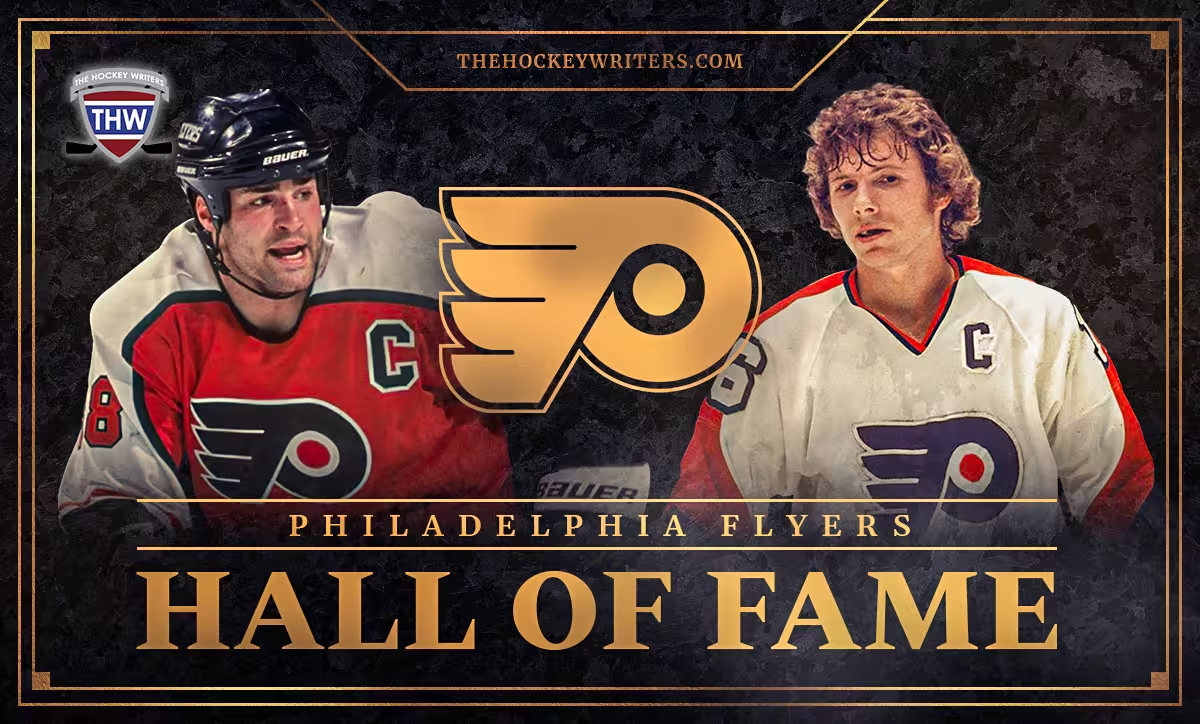The Philadelphia Flyers Hall of Fame is an honorable place that only the best of the best have been able to find themselves in. Arguably the franchise’s best player, Bobby Clarke, was one of the very first to find himself here back in 1988.
Clarke has essentially been with the Flyers’ organization throughout its entire history. He was a legendary player on the ice and took his talents to the managerial world where he served as the team’s general manager (GM) twice, and serves as a senior vice president of the club today. What has he done to achieve such a prestigious honor?
A Prototypical Broad Street Bully
When Clarke was drafted in the second round of the 1969 NHL Draft, nobody expected him to be a franchise player. An undersized forward with elite skill and grit, the potential was there, but the belief in him was not across most NHL franchises. Throughout his time in Philadelphia, he proved the triviality of his 5-foot-10 stature.
Clarke was the face of the Flyers’ ‘Broad Street Bullies‘ era in the mid-1970s. Sure, those rosters had skill, but they combined that with a level of physicality unmatched by anyone in the NHL. He was one of the grittiest of these, yet was also one of the most talented.
Clarke emerged as a true superstar in the 1972-73 season, where he scored 104 points and accumulated 80 penalty minutes in the process as the team’s captain. From his rookie campaign in 1969-70, until he became the first Flyer to reach the 100-point mark in franchise history, he only got better and better. As a result, the team did as well.
In 1973-74, Clarke traded points for penalty minutes. He had 87 points and 113 penalty minutes, while the rest of the team followed suit in that regard. The Flyers’ 1973-74 campaign was one that defined the 1970s. The captain led a group of enforcers, including Dave Schultz, Bob Kelly, and Don Saleski, and a group of stars, including Bill Barber, Rick MacLeish, and Bernie Parent to the Stanley Cup Final with a 50-16-12 record in the regular season.
Against the clear-cut favorite Boston Bruins, he scored one of the team’s most iconic goals ever in Game 2 when he had an overtime-winning goal that tied the series at two at Boston Garden. The Flyers had notoriously struggled to win games on the road in Boston, and they needed to exorcise those demons to win the series. They did and became the first expansion team to win a…
Click Here to Read the Full Original Article at The Hockey Writers…

